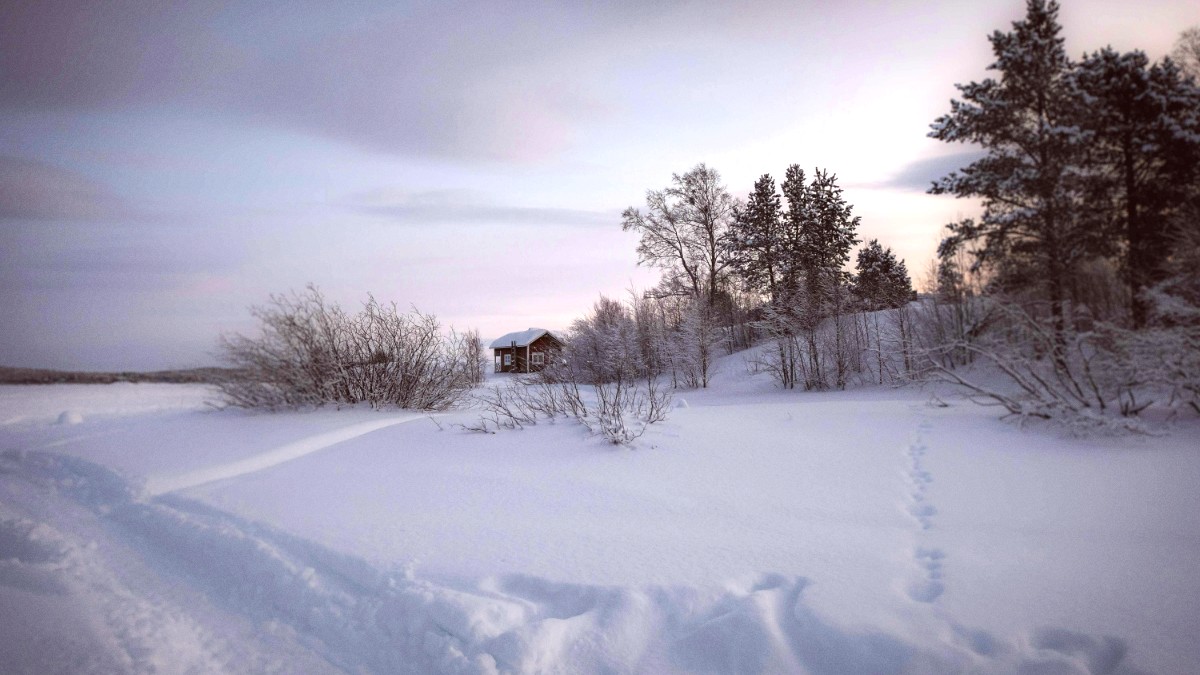
Lapland, Finland
Inari's climate shows significant seasonal variations. Winter brings extreme cold and snow, while summer means mild temperatures and continuous daylight. Autumn displays foliage, and spring transitions from snow to melting.
Finland is part of the Schengen Area. Travelers from many nations enjoy visa-free entry for short stays. Others obtain a Schengen Visa.
Lapland can be an expensive destination, especially in the high season. Plan your finances with care.
Inari is a generally safe environment, but its extreme conditions merit careful preparation.
Keep digital copies of all important documents on your phone and in a cloud service. Store physical copies separate from your originals.
Thoughtful arrangements make for an enjoyable visit. Here are some critical items to consider as you pack.
Dress in layers for comfort across all seasons.
Keep passports, visas, and reservations organized.
Pack adapters, power banks, and essential apps.
A headlamp, hand warmers, and a reusable water bottle make your visit better.